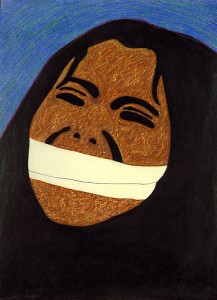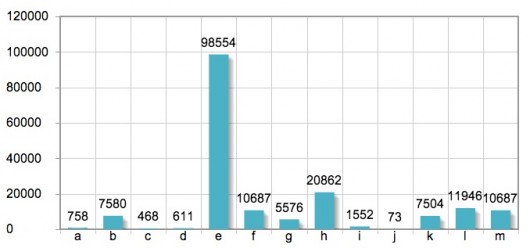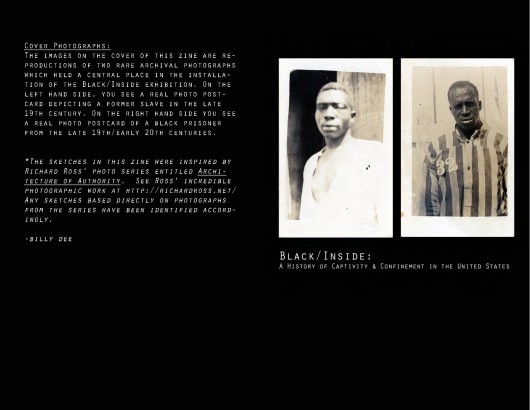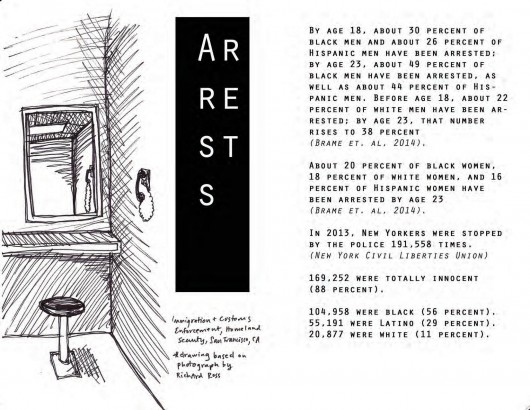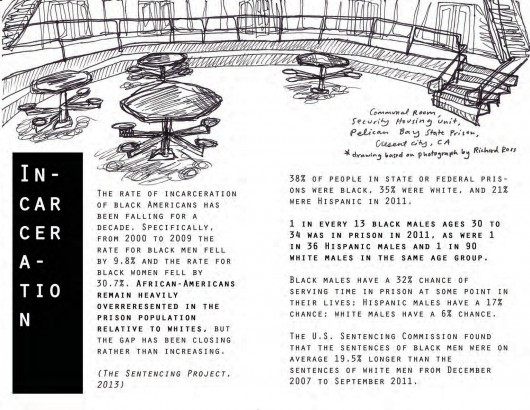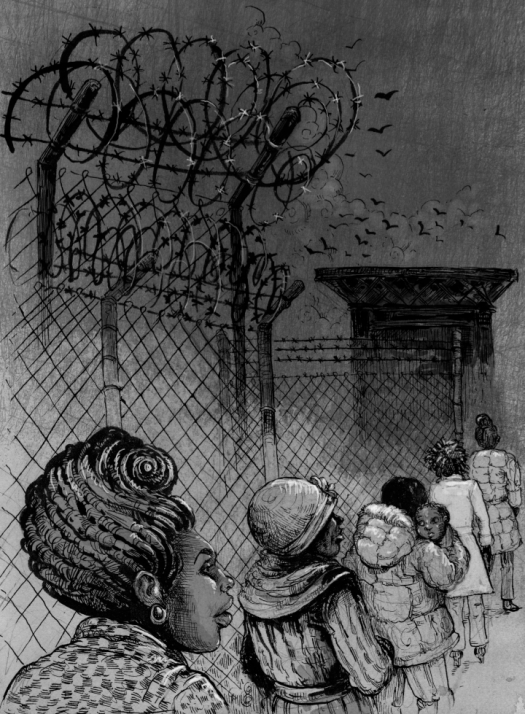Poem of the Day: No Lady by Anonymous*
No Lady
Prison didn’t improve me none.
There was ten of us girls in the county jail
five white, five black awaitin’ trial for sellin shit.
The white girls, they all on probation.
Us black girls, we all go to Dwight. Me, three months gone.
An I ask myself sittin on them concrete benches in the county.
How come? How come me an my sisters goin to jail
An the white girls goin back to college?
Their mothers come in here an weep — they get probation.
My mama come in here – nose spread all over her face — she weepin too
But I goin to Dwight
An I think about that — But I don’t come up with no answers.
Ain’t got no money for a lawyer.
Hell, I couldn’t even make bail.
Met the defender five minutes before my trial
An I done what he said. Didn’t seem like no trial to me, not like T.V.
I didn’t understand none of it.
Six months to a year they give me…
They ride us out there in a bus.
See my playin’ the game — goin to charm class an the body
dynamics, (to learn my Feminine Role)
An I take keypunchin, an I do real well.
My boyfriend, he come to see me twice, and then he stop comin’
An when I have the baby, I give it up.
Weren’t nothin else for me to do.
They give me twenty-five dollar when I get outta there
An I wearin my winter clothes in July, an everyone knows where I comin from
Six month I try to find a job, make it straight.
But every door I push against closed tight.
This here piece of paper say I’m a first-class keypuncher
But the man who give the job, he say I flunk that test
Sheeit man, I didn’t flunk that test.
You think I’m a criminal. I done my time, but you ain’t reclassified me.
I always be a criminal to you…
One of the counselors say I “mentally ill,” I needs treatment.
Two hours a week they give me group therapy.
The other hundred and fifteen, they lock me up — like an animal.
An I ain’t got no neurosis noways.
Sheeit, it’s this place make you ill…
Other night, I took sick with the cramps;
There weren’t no doctor ’til mornin.
He poke me in the sore spot an say,
“Girl — You jus wanna go to the hospital. Get you some tea an toast.”
Tea an toast!
My girlfriend — she die of diabetes, before they do anythin for her.
She come outta here in a box. Looks like it won’t be no different for me.
That’s how it is, Lady.
No. Prison didn’t improve me none.
— anonymous, reprinted from The Chicago Seed (1981).
UPDATE (December 14, 2019): I received the following email today from the author of this poem.
I was so touched and delighted to hear that my poem, “No Lady, Prison Didn’t Improve me None’ is resonating with a younger generation. I am the seventy-five year old author of this poem and worked for several years with Chicago Connections, a prisoner support group.The group was active in Chicago in the Late 1960s. This poem first appeared in a feminist publication, Black Maria which, I believe, was printed in River. Forest Illinois. The Seed found and reprinted it as “anonymous.” I wish that I could hear your delivery and hope that you will attribute it to me.
Many thanks,
CarolJean Kier
